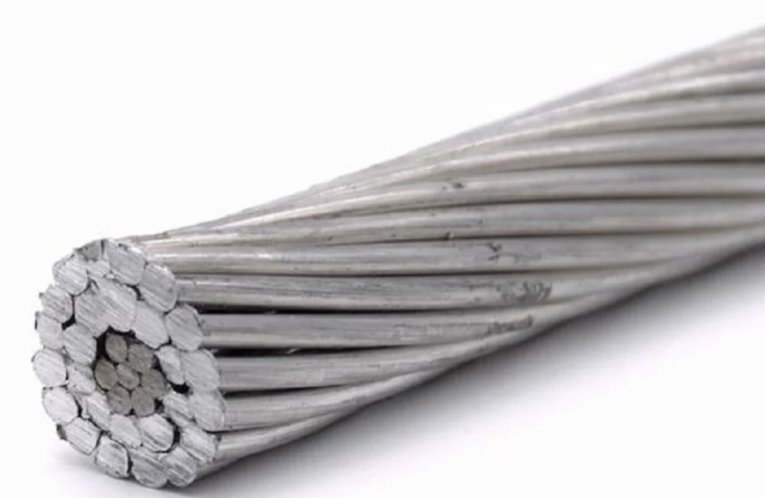

Over the past four years, Alubar has successfully reduced its energy costs by over 15 per cent, with projections indicating a total reduction of 24 per cent by 2024. This significant improvement stems from the company’s strategic shift to purchasing energy directly from Brazil’s free energy market.

By moving away from sole dependence on the regional distributor, as required in the captive market, Alubar gained the flexibility to negotiate directly with energy generators across the country. This approach lowered costs and enabled the company to choose energy sources that better reflect its environmental commitments while continuing to pay only for the use of the local distribution network.
Alubar is one of the leading Brazilian manufacturer of aluminium electrical conductors and one of the largest producers of aluminium rods in the Americas. As a key player in the electrical sector, the company delivers products that integrate advanced technology with a strong focus on safety.
“In practice, we estimate the amount of energy we will consume in a given period. With this data, we go to the market to see who offers the most affordable energy. This increases our competitiveness and efficiency and allows us to choose renewable energy sources in our operations,” says Ricardo Lara, Director of Operations for Latin America at Alubar.
With the support of Genial Energy, a partner specialising in energy commercialisation and distributed generation, Alubar has also begun sourcing energy from renewable sources. The benefits of this decision go well beyond financial savings. In 2024 alone, the company prevented the emission of 1,374 tonnes of CO₂, an impact comparable to planting nearly 10,000 trees.
Also Read: LME integrates CBAM-aligned emissions tracking into listed aluminium businesses
Since 2017, Alubar’s manufacturing facilities in Brazil have been powered by energy purchased on the free market. Building on this progress, the company plans to extend the model to its storage yard in Barcarena (PA), which will begin operating under the same system in 2025.
Responses








